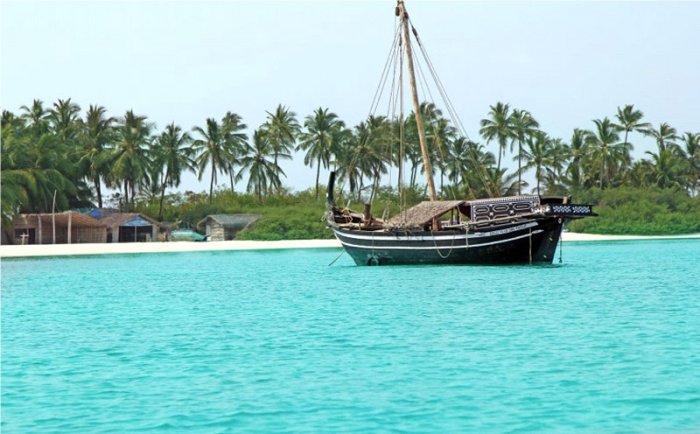
Genetic study on Lakshadweep human settlements done
Mangalore Today News Network
Hyderabad, May 8, 2019: A team of researchers led by Dr K Thangaraj at CSIR-Centre for Cellular and Molecular Biology (CCMB), here have performed the genetic study on the Lakshadweep islanders for the first time and the results have been published in the Scientific Report.

“We have analysed DNA samples of 557 individuals from eight major islands for mitochondrial DNA and 166 individuals for Y chromosome markers. We found a strong founder effect for both paternal and maternal lineages – a sign that the island population had limited genetic mixing,” said Dr M S Mustak, the first author of the study and the Associate Professor of the Department of Applied Zoology, Mangalore University.
Lakshadweep is an archipelago of 36 islands, scattered over approximately 78,000 square km of the Arabian Sea, 200-440 km off the south-western coast of India. The total population size of the archipelago is approximately 65,000, however, the first human settlement of this archipelago is not clear. The islands were known to sailors since ancient times.
“The Lakshadweep islands are located between Africa and southwestern part of India. Through our earlier studies we know that early human migration from Africa to Andaman and Australia happened through western cost of India. So, we presumed that the Lakshadweep islands might have played a major role in early human migration and expected the presence of genetic signatures of ancient people, such as Andamanese and Australian aboriginals,” said Dr Thangaraj, senior author of the study and Chief Scientist at CCMB.
He added that CCMB’s first genetic study suggests that majority of human ancestry in Lakshadweep is largely derived from South Asia with minor influences from East and West Eurasia. He further said that there was no evidence of early human migration through the Lakshadweep islands.
The authors have studied eight major islands of Lakshadweep, namely - Agatti, Andorth, Bitra, Chetlat, Kadmat, Kalpeni, Kiltan and Minicoy, and demonstrated a close genetic link of Lakshadweep islanders with Maldives, Sri Lanka and India.
Dr Rakesh K Mishra, Director, CCMB said that this first genetic study on Lakshadweep islanders would lead to the study of their health profiles in near future.
Courtesy: Deccan Herald